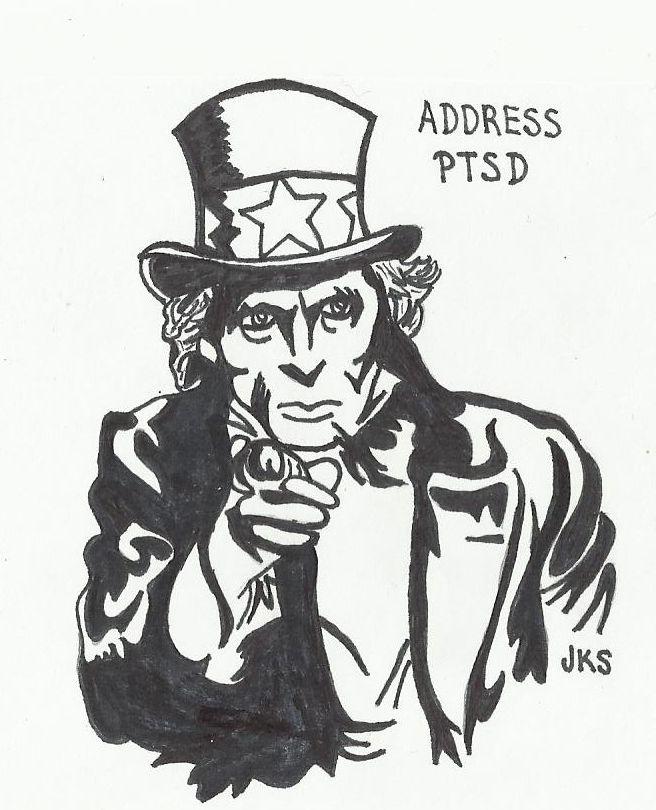An intruder who broke into the White House last Friday was an Army veteran previously diagnosed with post-traumatic stress disorder.
When was this diagnosis given? After his first tour in Iraq, years before he was sent in for his second.
Omar J. Gonzalez was knowingly sent back to Iraq while harboring a serious mental illness. Our government sent him to be wholly immersed once more in the environment that traumatized him in the first place.
What is most frightening about Gonzalez’s treatment is that it is not surprising. We are used to hearing stories like his, in which veterans’ needs are fundamentally undermined to fuel the efforts toward the “greater good.”
What is worthwhile about this “greater good” if it results in an abundance of broken people, incapable to appreciate or even conceive of what they worked arduously to win?
Upon being apprehended by an agent of the Secret Service, Gonzalez claimed he needed to contact President Barack Obama to inform him that the “atmosphere was collapsing,” and that he needed to notify the American people.
Also, the folding knife Gonzalez allegedly “wielded” was found in his pocket, sheathed and out of sight. It likely came in handy since he and his two dogs were homeless, as Gonzalez has been living for the past two years, according to a family member.
Mental illness is something Americans take too lightly, a fact highlighted frequently in our responses to current events. Being called to serve a second term in Iraq while lacking proper treatment compounded Gonzalez’s disease.
American society so often views mental illness with a condescending gaze, daring it to identify itself as true disease. When people commit suicide and their actions gain public attention, there is no shortage of outcry deeming the victims as “selfish” – see: Robin Williams.
Simply because the effects of a disease are not visibly apparent, does not mean it deserves any less attention. Mental illness can be much scarier in many cases. It attacks the mind, the one faculty over which we supposedly have complete control.
A Veterans Affairs study conducted in 2013 estimated that 22 United States veterans commit suicide every day.
No, people like Gonzalez cannot simply “get over it.” They cannot be expected to be fine for the sake of appearances–for the sake of serving their country.
Conditions such as PTSD, depression and generalized anxiety require treatment just as much as illnesses that manifest corporeally. Otherwise they worsen, and are often debilitating. Symptoms of mental illness can metastasize into physical health concerns, spreading with the voracity of cancer cells.
Oftentimes we want to forget what war is. We want to glorify our soldiers and place them on pedestals in order to drive attention away from the horrors they have faced.
Soldiers are human. Suffering is often a part of their jobs, and they are frequently unable to put their experiences completely behind them. They should not be forced into doing so.
Yet, we’re content in pretending that soldiers are infallible automatons that are capable of sustaining their positions without confronting any psychological repercussions, even in the face of death.
Gonzalez’s actions on Friday symptomatized the basically untreated illness he had been living with for years, and now he faces charges for it. Though he could have been offered treatment after his first term of service, his needs were overlooked so that he could fulfill his “duty” to his country as a “well-bodied male.”
Omar Gonzalez served his country, despite suffering from scars. And because he was expected to heal on his own, he was subsequently abused by the same system. Surely our veterans deserve better.











